Copyright 1972, 1978, 1995 by Sidney Simon, Leland Howe, and Howard Kirschenbaum
All rights reserved.
Warner Books, Inc.,
Hachette Book Group,
237 Park Avenue,
New York, NY 10017
Visit our website at www.HachetteBookGroup.com
First eBook Edition: September 2009
ISBN: 978-0-446-56525-7
 If you had 24 hours to live, how would you spend the time?
If you had 24 hours to live, how would you spend the time?
 Is there anything you value so strongly that you would leave this country if it were taken away?
Is there anything you value so strongly that you would leave this country if it were taken away?
 What percentage of:
What percentage of:
- The defects in your home would you reveal to a prospective buyer?
- The time do you drive over the speed limit?
- Your time is spent doing things you really dont want to do every day?
 How would your life be different if you had a fairy godmother who could transform your appearance in whatever way you desired?
How would your life be different if you had a fairy godmother who could transform your appearance in whatever way you desired?
THESE QUESTIONS AND THE STIMULATING STRATEGIES IN THIS OUTSTANDING WORKBOOK CAN PROVIDE YOU WITH A PRICELESS GIFTAN UNDERSTANDING OF YOUR TRUE SELF.
This book is dedicated to Louis E. Raths.
Without his inspiring and pioneering work in
values clarification, this book could never
have been written.


THE
VALUES-CLARIFICATION
APPROACH



Every day, every one of us meets life situations that call for thought, decision making, and action. Some of these situations are familiar, some novel; some are casual, some are of extreme importance. Everything we do, every decision we make and course of action we take, is based on our consciously or unconsciously held beliefs, attitudes, and values.
Which car shall I buythe stripped-down model for basic transportation or the snazzy version with all the extras?

Should Bill and I live together before marriage? Shouldnt we know if were really compatible?

Just how much am I willing to modify my diet to reduce fat and cholesterol? How many extra weeks of living justify my giving up ice cream and chocolate cake?

What can I do to bring about political change these days?

How can I find greater spirituality? Does religion have meaning in my life, or is it simply a series of outmoded traditions and customs?

How important to me is my partners physical appearance? How important is my own? Can I justify spending $200 on that item of clothing?

What can I do so that I dont spend my life like so many others who regret the jobs they go to every morning?

Why is it that at the end of every weekend I feel anxious and guilty about all I didnt do?

Shall I take early retirement?

Should I ask more of my children? Am I spoiling them?

What role shall I take in caring for my aging parent?

This is the only life Im going to get. How can I make it more fun?
This is a confusing world to live in. At every turn we are forced to make choices about how to live our lives. Ideally, our choices will be made on the basis of the values we holdthe principles and priorities that are important to us. But frequently we are not clear about our own values, or we are not clear about how to translate them into daily living.
Some typical areas where we may experience confusion and conflict in values are:
| politics | family |
| religion | friends |
| work | money |
| leisure time | aging, death |
| school | health |
| love and sex | multicultural issues |
| material possessions personal tastes (clothes, hairstyle, and so on) | culture (art, music, and so on) |
All of us, young and old, often become confused about our values. Yet today we are confronted by many more choices than in previous generations. We are surrounded by a bewildering array of alternatives. Modern society has made us less provincial and more sophisticated, but the complexity of these times has made the act of choosing infinitely more difficult.
Traditionally, our values have been formed and influenced in a variety of ways. These include:
1. Inculcation
There are numerous ways that our parents, teachers, religious institutions, workplaces, and societies attempt to instill their values and to form and influence ours. By explanation, moralizing, rules, rewards, punishments, slogans, symbols, and many other methods, from birth to death, the world around us tries to pass on and perpetuate its values.
All this is appropriate and inevitable. Civilization has learned a great deal over the millennia about how to create a social order in which people can live peaceably together, secure in their persons and property, respectful of one anothers liberty, working cooperatively for the common good. Although people often do not live up to those ideals, nevertheless, we hope that they will, and we know that we should, and therefore we want to pass these values on to our children and to one another. So we do our best, as Proverbs suggests, to train up the children in the way they should go, to pass on our most cherished values and beliefs to those whose lives we touch.
As important and inevitable as is the effort to inculcate the best values and the cultural wisdom we have developed, the approach of instilling values in others has certain limitations. One of these limitations is that there is so much diversity in the world around us. The direct inculcation of values works best when there is complete consistency about what constitutes desirable values. But consider the situation today. Parents offer one set of shoulds and should nots. The church often suggests another. The peer group offers a third view of values. Hollywood and the popular magazines, a fourth. The seventh-grade teacher, a fifth. The college professor, a sixth. The president of the United States, a seventh. The next president, an eighth. The spokespersons for the counterculture, a ninth, and on and on.


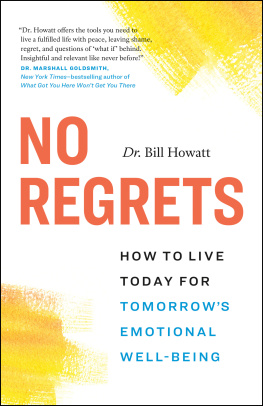
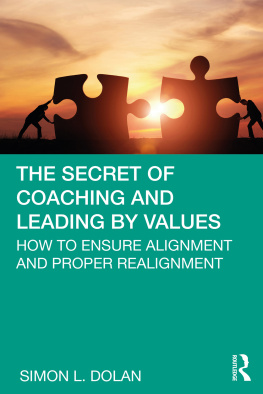

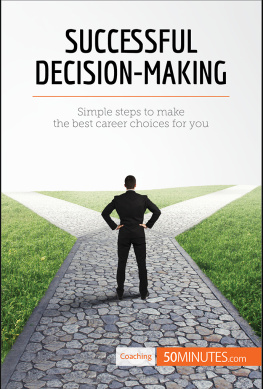
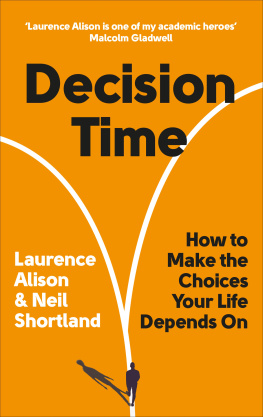
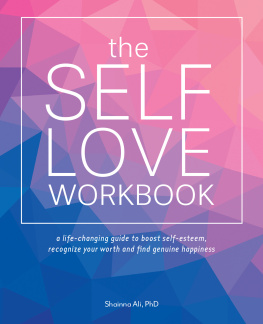
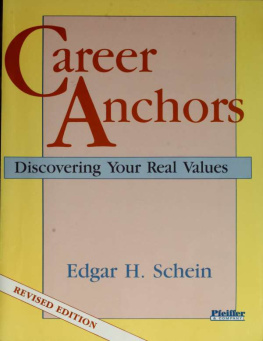
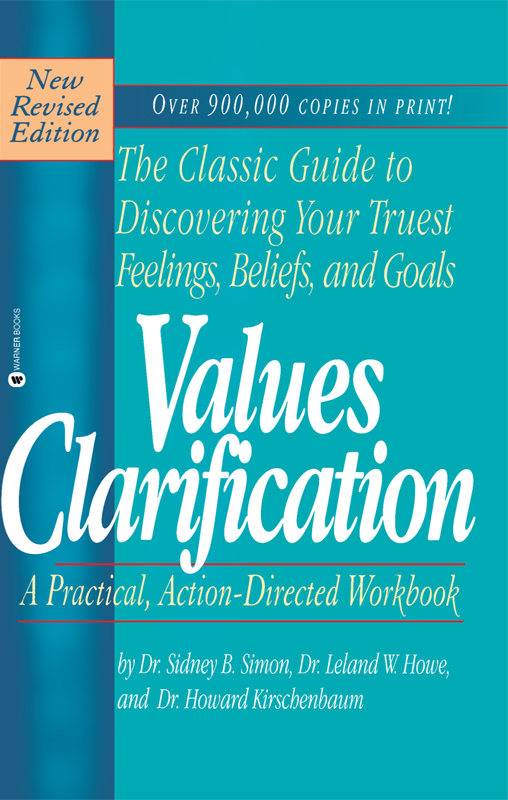
 If you had 24 hours to live, how would you spend the time?
If you had 24 hours to live, how would you spend the time?



